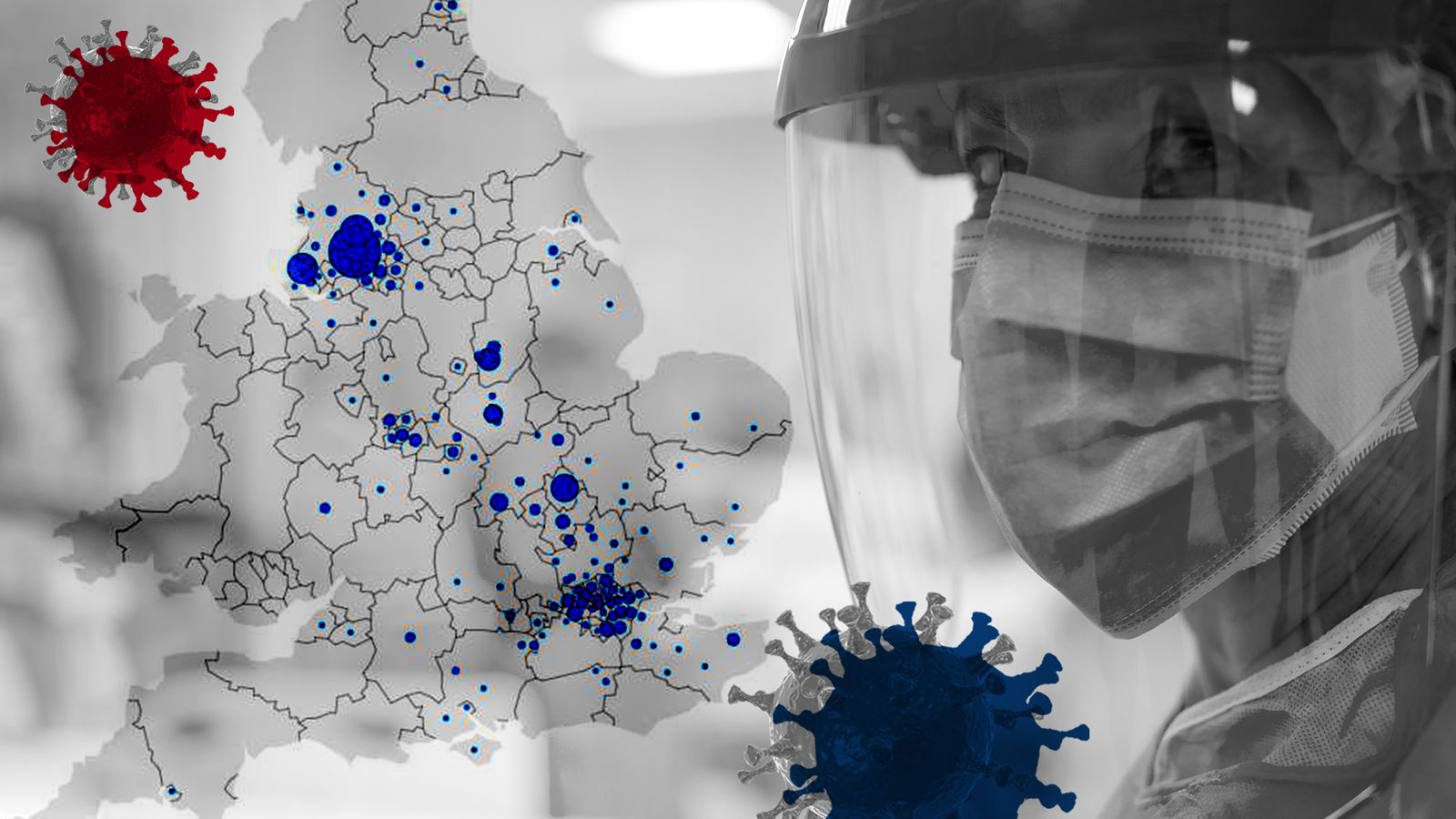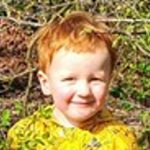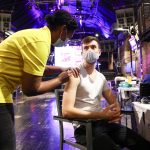Infections are increasing in almost nine out of 10 areas in the UK, according to an analysis of COVID-19 data.
At least 279 local authority areas reported cases rising by more than 10% in the most recent week.
Cornwall, a popular destination for summer holidays, recorded the largest increase with weekly figures rising by 730% to 191 cases there.
Of the 326 areas that recorded at least 10 cases for the week ending 10 June, only 31 reported a decline in infection rates.
The rise is coronavirus cases has been mostly driven by the Delta variant, which was first identified in India, and now accounts for more than 90% of new cases.
Data suggests that the Delta variant is between 40% and 80% more transmissible than the Alpha variant, which was previously dominant in the UK, according to the government.
Although weekly cases have increased by more than 60% nationally, there are more than 76 areas across the country where the rate is double that.
The increase in cases, and the fact that hospital admissions generally rise two to three weeks after cases, has led the government to delay the final step in its roadmap out of COVID-19 measures.
But although hospitalisation rates have begun to rise they’re still better than even the best expectations feared by epidemiologists at Imperial College when they modelled the possible growth in cases earlier this year.
Early research published in medical journal The Lancet suggests the risk of being hospitalised with the Delta variant of coronavirus is about double that of the Alpha.
But new analysis by Public Health England shows that people who have had two doses of a COVID vaccine are less likely to get so ill from the Delta variant they have to go to hospital.
Data shows that hospitalisations of those aged under 65, who are less likely to have had two doses, have been are creeping up in recent weeks. There is no noticeable increase in those aged 65 and over.
Meanwhile, deaths from COVID-19 cases continue to fall. Nine out of 10 areas in the UK reported no deaths for the most recent week.
Blackburn with Darwen and Bury in the North West, and South Oxfordshire were the only ones to record at least three deaths for the whole week.
The Data and Forensics team is a multi-skilled unit dedicated to providing transparent journalism from Sky News. We gather, analyse and visualise data to tell data-driven stories. We combine traditional reporting skills with advanced analysis of satellite images, social media and other open source information. Through multimedia storytelling we aim to better explain the world while also showing how our journalism is done.






















